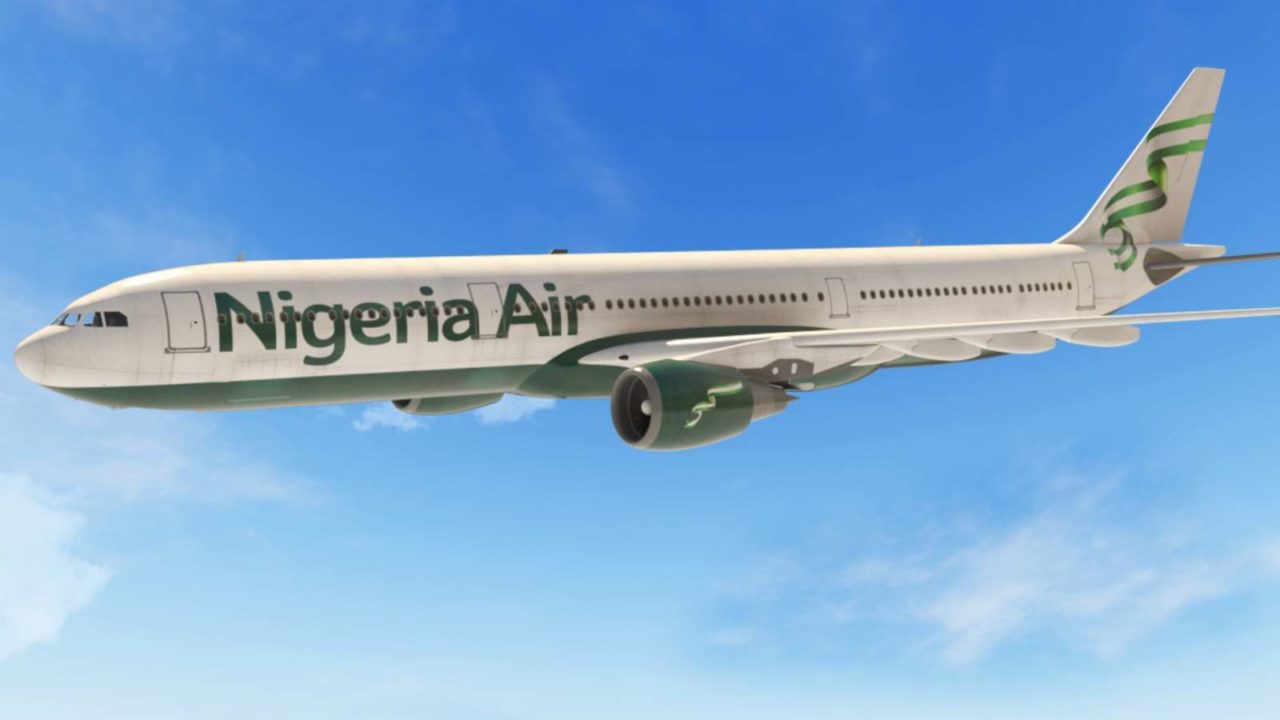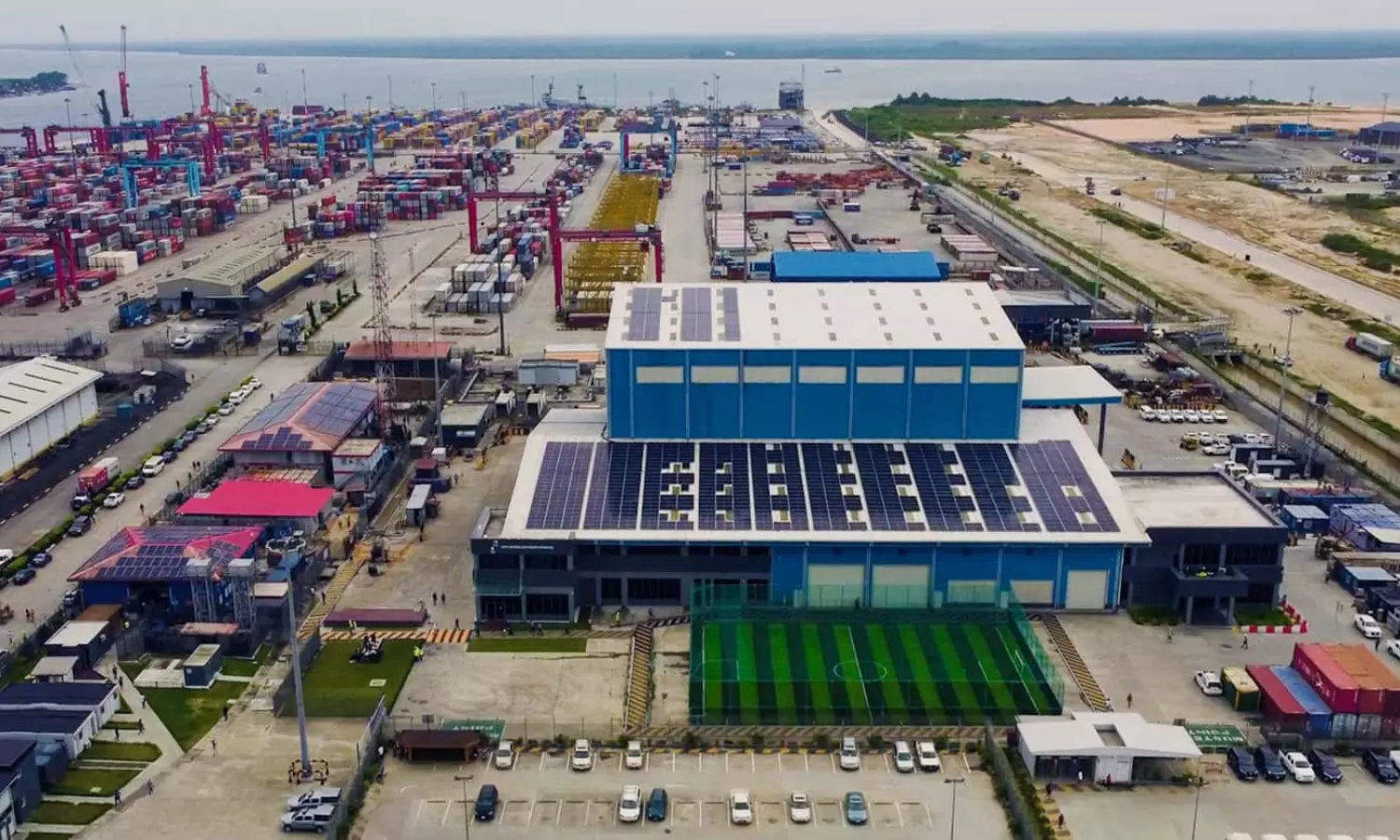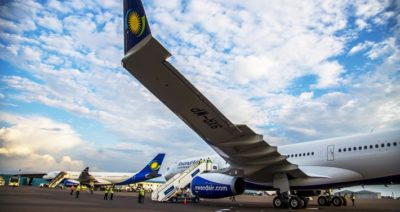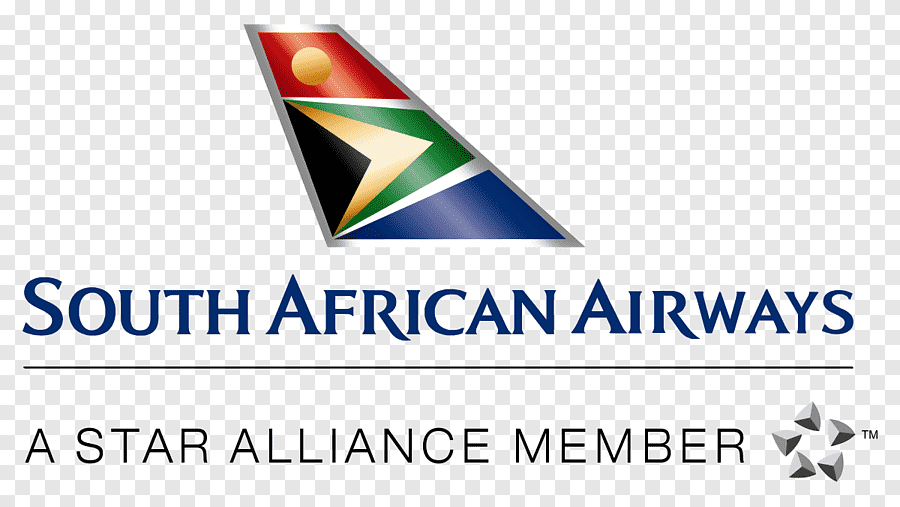Logistic

Nigeria Cleared from Global Aviation Blacklist

Nigeria has officially been removed from the global aviation blacklist, with its compliance score improving to 75.5%. This significant advancement positions the country among the high-performing nations in aviation standards. The announcement was made by Festus Keyamo, Minister of Aviation and Aerospace Development, in a press release.
The improvement in Nigeria’s global aviation compliance score follows the signing of the Irrevocable De-registration and Export Request Authorisation (IDERA), which governs aircraft repossession by creditors and lessors. The Aviation Working Group (AWG) confirmed this milestone in a communication to Keyamo, noting that Nigeria’s score on the Cape Town Convention (CTC) Compliance Index has risen from 70.5% to 75.5%, effectively removing the country from the AWG’s watchlist of non-compliant nations.
Understanding the AWG and Cape Town Convention
The Aviation Working Group (AWG) and the Cape Town Convention are two interconnected entities that play crucial roles in the global aviation industry. The Cape Town Convention provides a legal framework for aircraft financing, ensuring a stable and predictable environment for investors and lessors. It establishes clear rules for registration, transfer, and repossession of aircraft, safeguarding the interests of all parties involved.
The AWG, on the other hand, is a collaborative body responsible for overseeing compliance with the Cape Town Convention. Co-chaired by industry leaders and comprising representatives from various stakeholders, the AWG plays a vital role in ensuring that countries adhere to the Convention’s provisions. It assesses countries’ compliance, promotes best practices in aviation financing, and helps resolve disputes related to aircraft financing and repossession.
In essence, the AWG serves as the guardian of the Cape Town Convention, working to ensure its effective implementation and enforcement.
Benefits of the Improved Rating
Keyamo highlighted that this new rating will facilitate greater access to dry leasing for Nigerian airlines, enabling them to lease aircraft without crew or maintenance responsibilities. This flexibility is vital for local carriers looking to expand their fleets and increase operational capacity. “This development unlocks numerous opportunities for our aviation sector,” he stated, emphasizing the expected benefits such as improved flight regularity, expansion of serviced routes, and competitive ticket pricing for passengers.
Keyamo also expressed optimism for further advancements, directing the Nigerian Civil Aviation Authority (NCAA) to align its administrative rules fully with international standards, thereby boosting confidence among global financiers and lessors.












